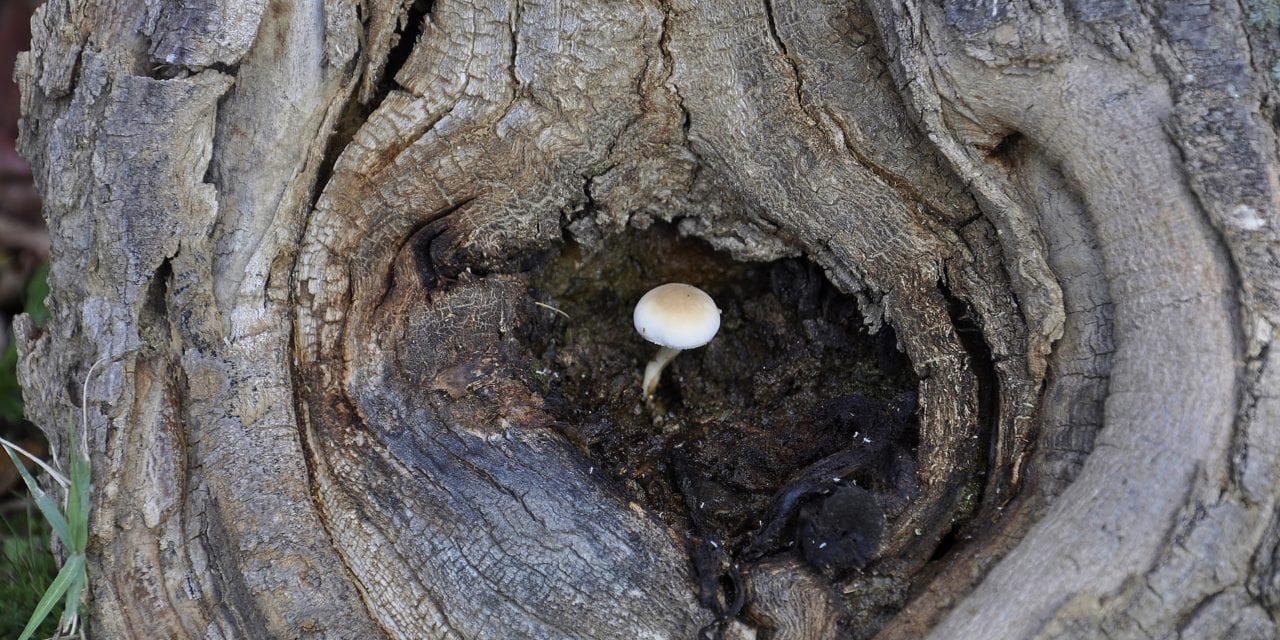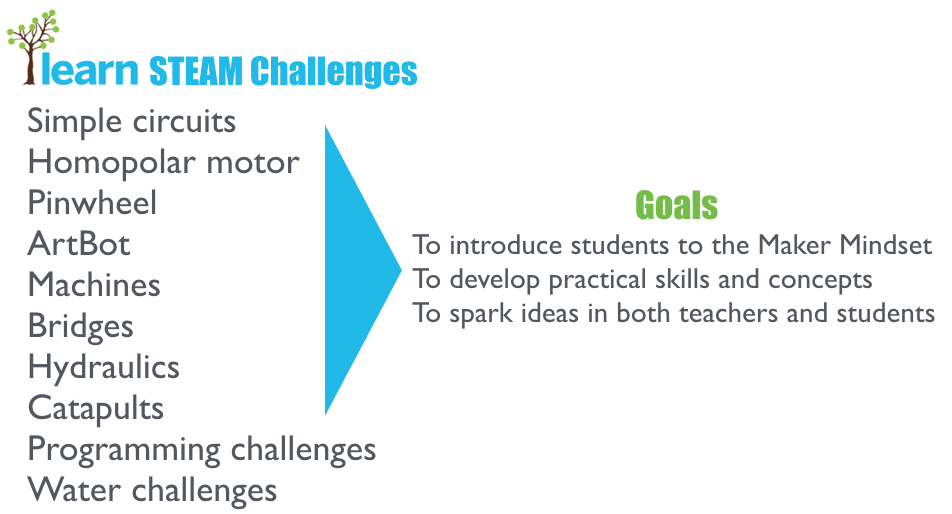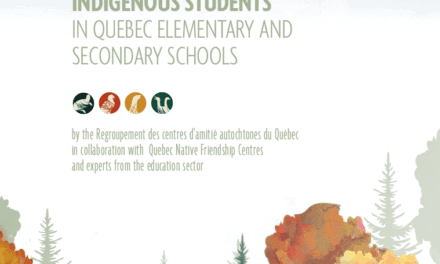According to Merriam-Webster’s online dictionary, resilience has two distinct definitions: the first applying to matter in “the capability of a strained body to recover its size and shape after deformation caused especially by compressive stress,” and the second applying to the brain’s “ability to recover from or adjust easily to misfortune or change.” Both of these definitions point to a recovery after a stress has been applied to the body or the mind. Since Covid-19 devastated our community in 2020, we are faced daily with “stress” all around us, both physically and mentally. So, how do we persist? How do we muster the energy to carry on? How can we see past the immediacy and instead see the light at the end of the tunnel? Some of the answers to these questions lie in developing our resilience or the ability to recover from an applied stress.
Currently, teachers and students are being bombarded with tons of restrictions, provincial lockdowns, a plethora of closures, online learning, social distancing, and isolation from our communities – and that is just the new stresses of the pandemic! Now, throw our daily stresses on top of that and we have a formula for stinging stress. The only way to face this hornet’s nest of stress is to develop our internal resilience to the max. If there ever was a time in our history for developing our resilience, it is now! Not only our own resilience but we need to develop this indispensable skill in our students. We call this a teachable moment. Simply put, resilience teaches students how to believe in themselves in overcoming any adversity they might face, now and forever. Let me share a few quotes from prominent leaders, published in Educational Leadership’s 2013 publication on the subject: Seven Secrets to Developing Resilience in our Students.
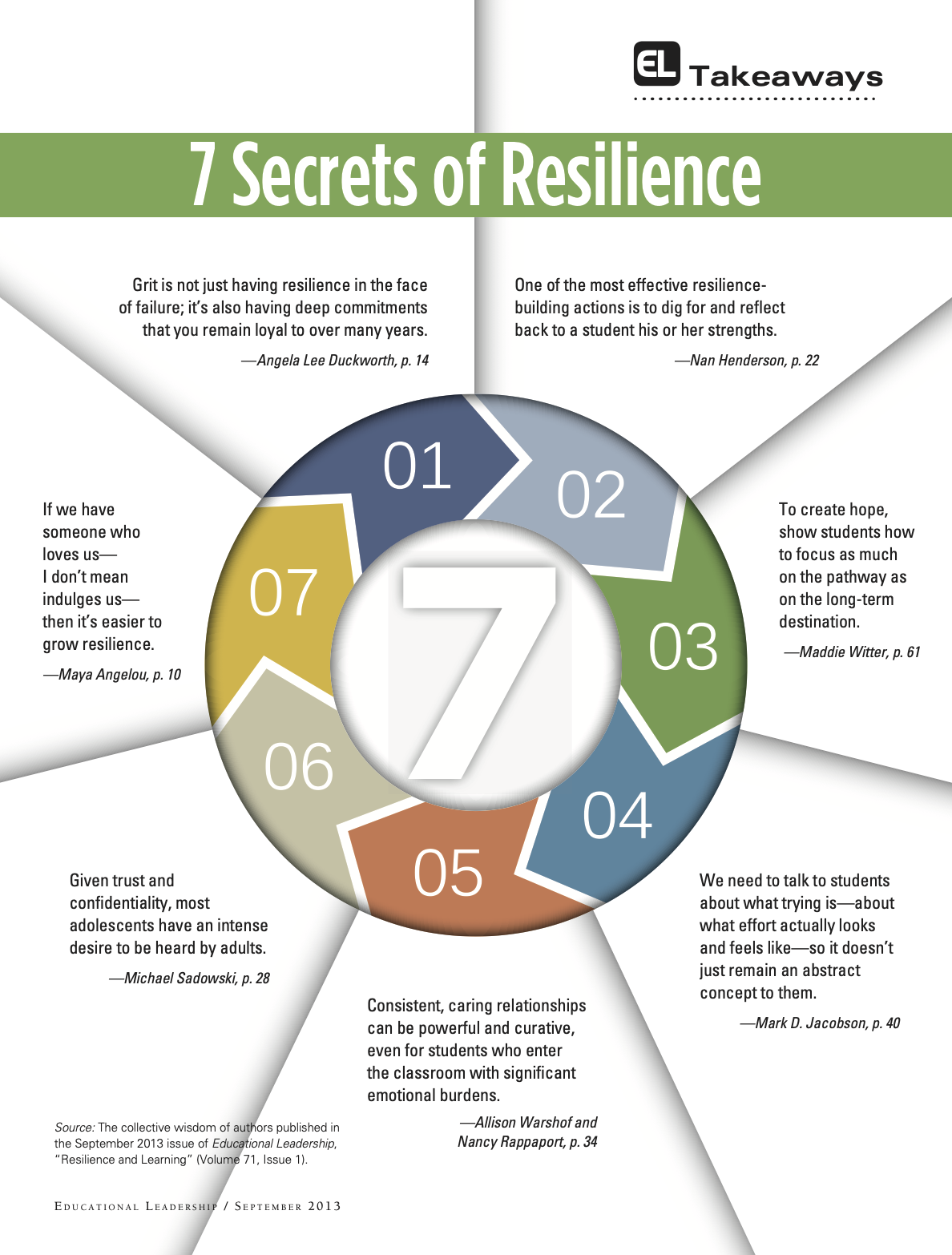
Furthermore, resilience is readily developed when a competency-based system is adhered to by teachers. The Aurora Institute describes a competency-based system as “best measured by students demonstrating mastery of learning, rather than the number of hours spent in a classroom.” Quebec’s educational system is built to develop resilience in our students through competency development but are we doing it effectively? Here are a few ways to suppress stress and bolster resilience:
- Amplify student voice and choice in demonstrating student learning
- Meaningful assessment that empowers student learning
- Differentiation for different kinds of learners
- Continual feedback from teachers to students on their progress
- Celebrate successes and failures equally, they are both needed in the learning process
- Implement student reflection regularly
- Empower students with positive role models that demonstrate resilience
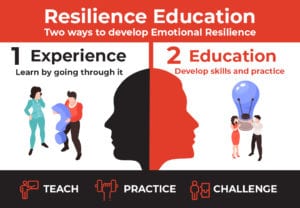
Resilience is a learned skill that takes practice by requiring students to face adversity and find solutions to difficult or uncomfortable experiences. This requires support, feedback, and reflection. It is one skill that all of our students need, particularly in these difficult days of the pandemic, to navigate all the stresses and uncertainties. In closing, social misfit turned social skills educator Jeff Veley’s idea is simple: teach, practice, challenge. I like simple, in these chaotic times… Teach, practice, challenge. I think I got this!
References
Levine, E., & Lape, T. (2020, June 30). Competency-Based Education. https://aurora-institute.org/our-work/competencyworks/competency-based-education/. Retrieved January 11, 2021.
Price-Mitchell, M. (2015, May 20). Does Your Classroom Cultivate Student Resilience? https://www.edutopia.org/blog/8-pathways-cultivate-student-resilience-marilyn-price-mitchell. Retrieved January 11, 2021.
Takeaways: Seven Secrets of Resilience. (2013). https://www.educationalleadership-digital.com/educationalleadership/201309?pg=2#pg2. Retrieved January 11, 2021.
Valey, J. (2020, December 09). What is Resilience Education? https://www.jeffveley.com/what-is-resilience-education/. Retrieved January 11, 2021.
Featured Image Credit: nonmisvegliate from Pixabay

